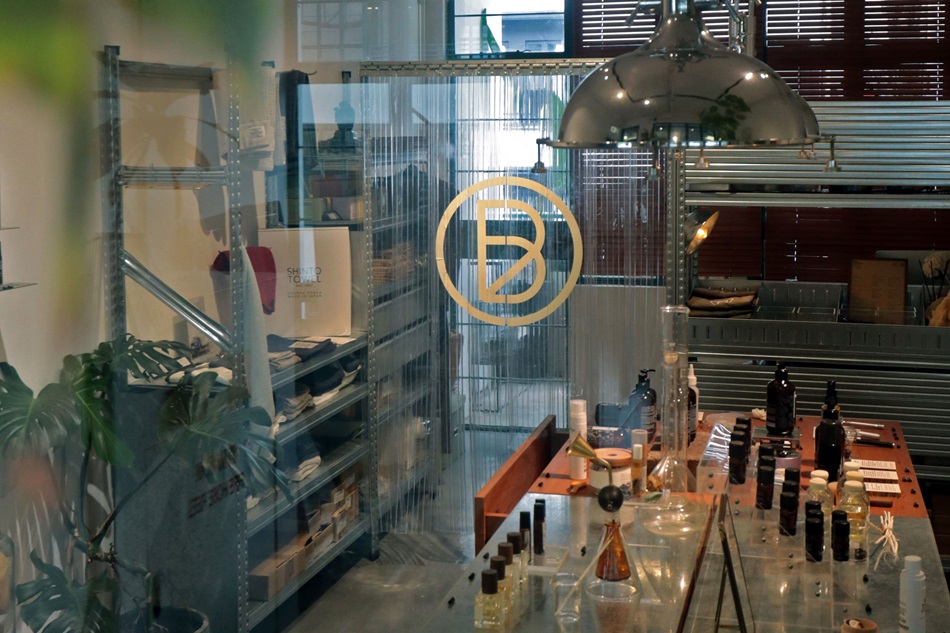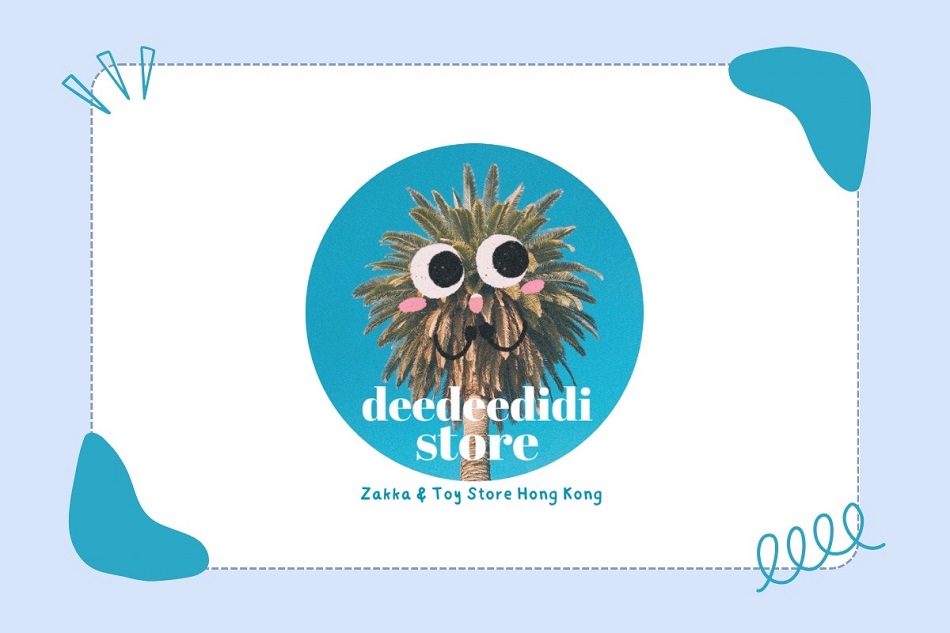Interview #06
Searching for Originality
Shin Lin
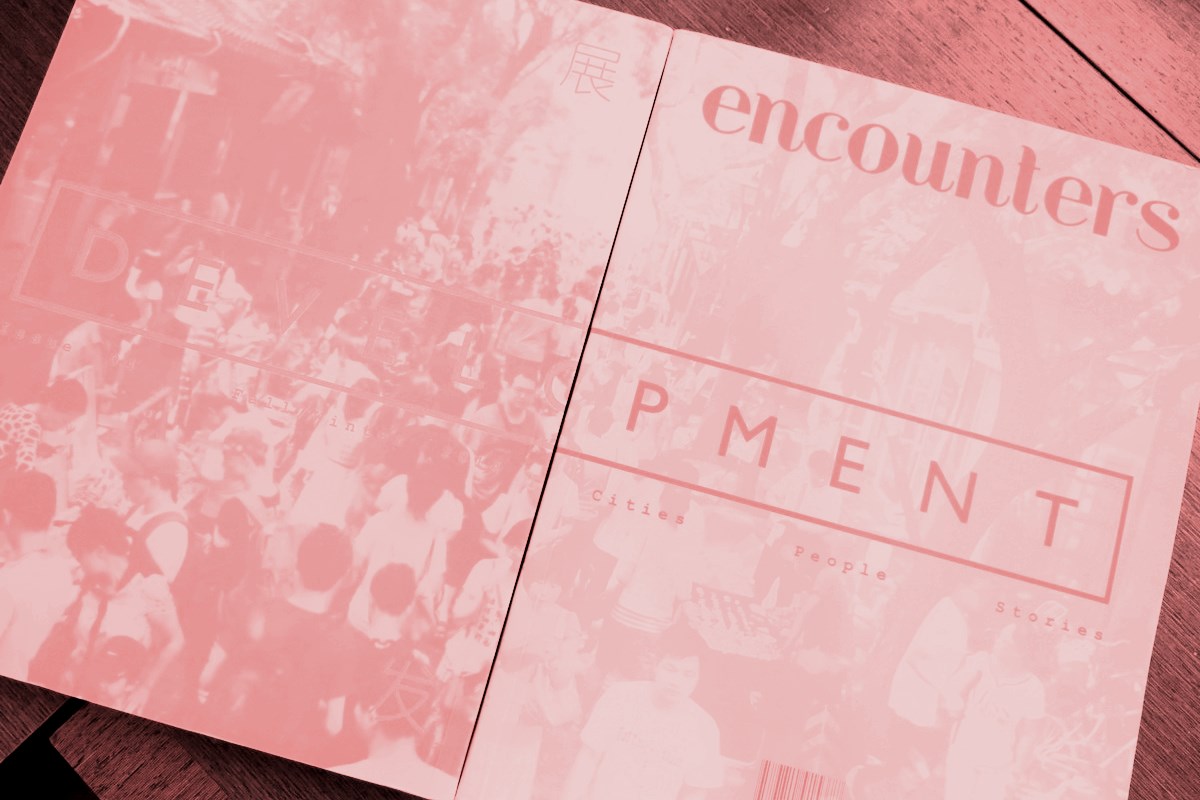
Written by RMM
Photo credit by ©Shin Lin
In an increasingly Anglophile world, where does a bilingual English and Chinese magazine fit?
Shin Lin (林子心)’s journey as a creative was not a clear from the start. After a stint with a government agency, the young Chinese creative from Singapore left her day job to set up her own creative outfit Original Studio. Her departure from a normal 9 to 5 job wasn’t unexpected though.
Shin’s background in Mass Communications sowed the seeds of creativity, but it was only after graduating from university that she leapt into the creating for a wider audience.
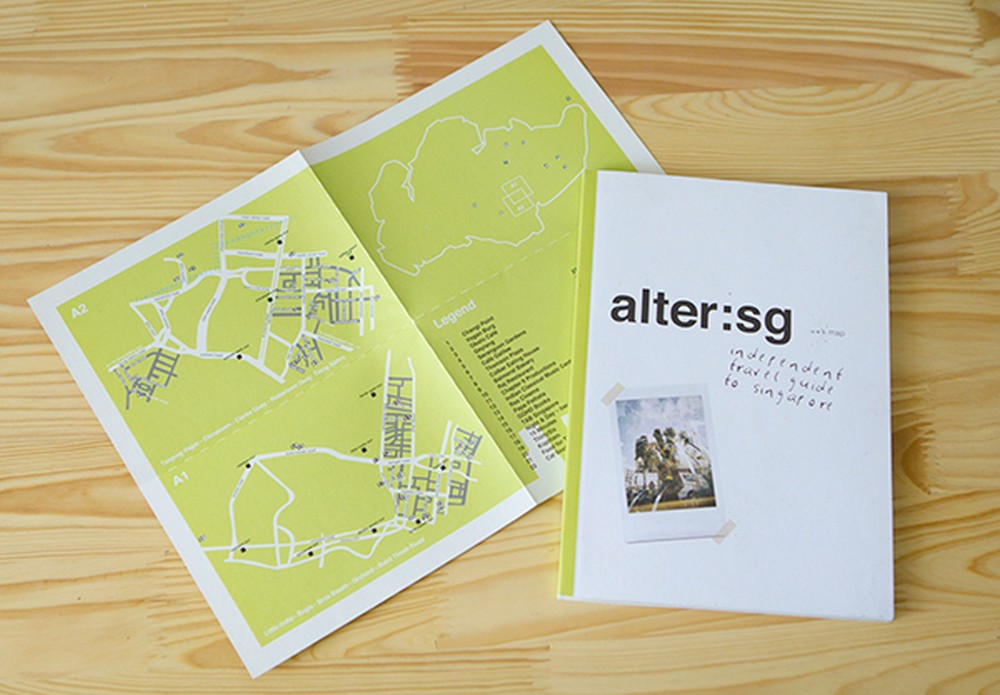
alter:sg – an independent travel guide to Singapore was the first of its kind: a printed guide that revealed indie haunts and other local secrets.
Bitten by the print bug, Shin and co-founder Jemimah brought to life Encounters《邂逅》, a thoughtful bilingual magazine that explores creative lifestyles and unique experiences.
We speak to Shin to find out more about what it’s like being a young creative in Asia.
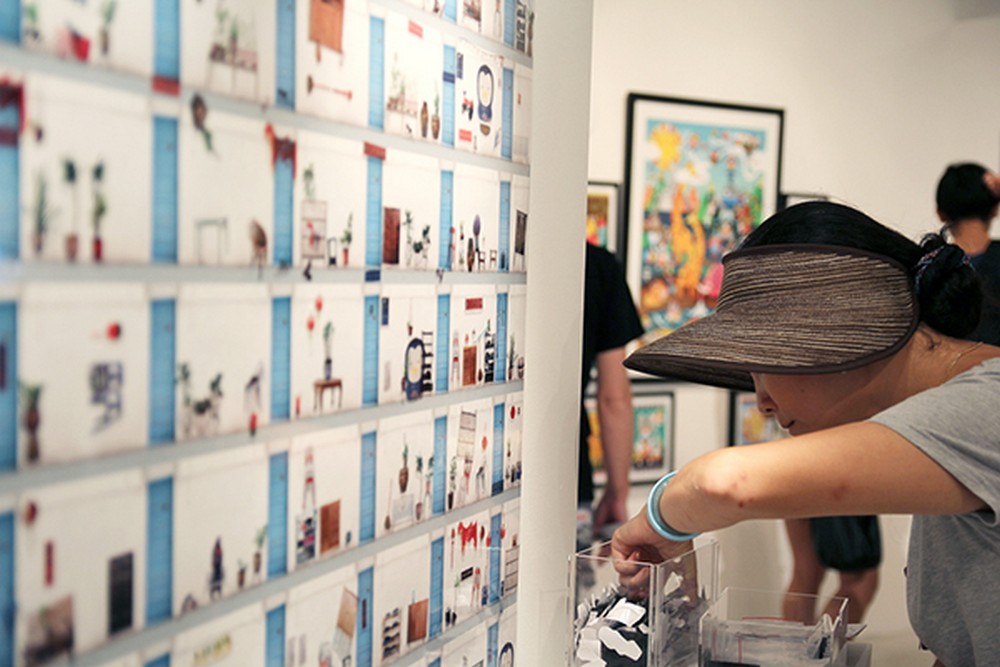

RMM: How has living and showcasing your work abroad changed your personal and/or creative identity? Does your Chinese heritage play a part in shaping your identity and work?
Shin: Given that much of my creative work draws their inspiration from my everyday environment, having the chance to work and live in different cities has definitely given my work more colour and energy. The best part about living in different cities for me is that you get to exchange perspectives and ideas with fellow creative workers who have different life experiences from yourself.
I wouldn't say that I make a conscious effort to draw on or reflect my Chinese heritage in my work. I think a lot of it is inherent and reflects who I am – a Chinese born and bred in Singapore who benefitted from our bilingual education policy; an individual lucky to have been raised in the midst of a cultural melting pot, and been exposed to a good mix of Western and Asian influences.
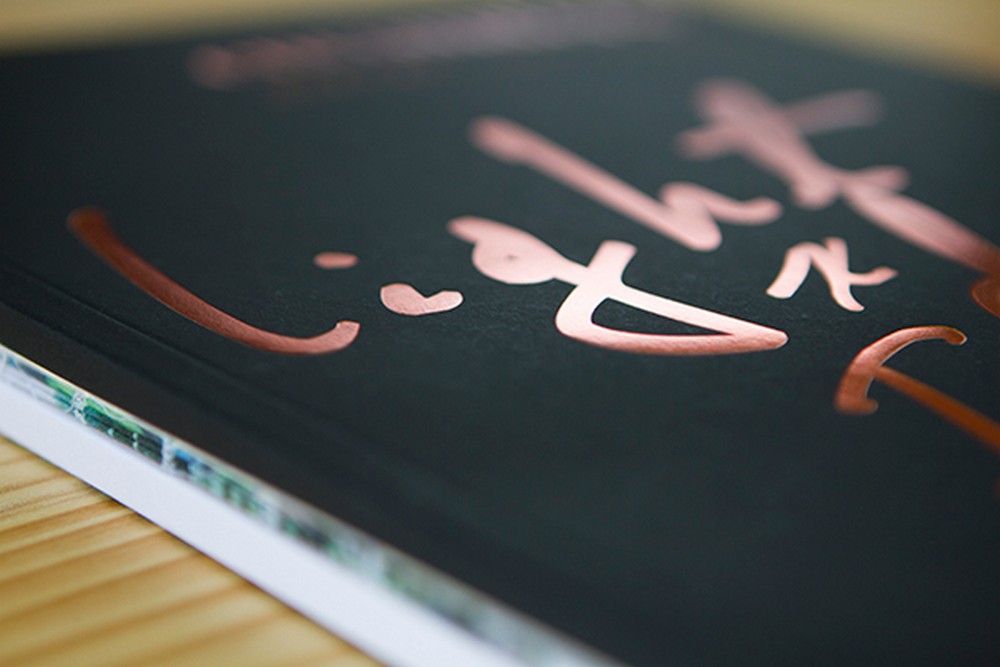
RMM: Your magazine Encounters is a melting pot of creativity and culture! It’s conceived by Singaporeans, distributed around the region and the latest issue has a surprising new format. What made you decide to experiment?
Shin: The best part about publishing your own magazine is that you get to do whatever you want with it. (If not, what’s the fun, right?) So with Encounters Magazine, we are always looking to make our next issue better than the last, and with each issue we push ourselves to climb the learning curve a little more; to experiment with something new; to come up with new surprises for our readers.
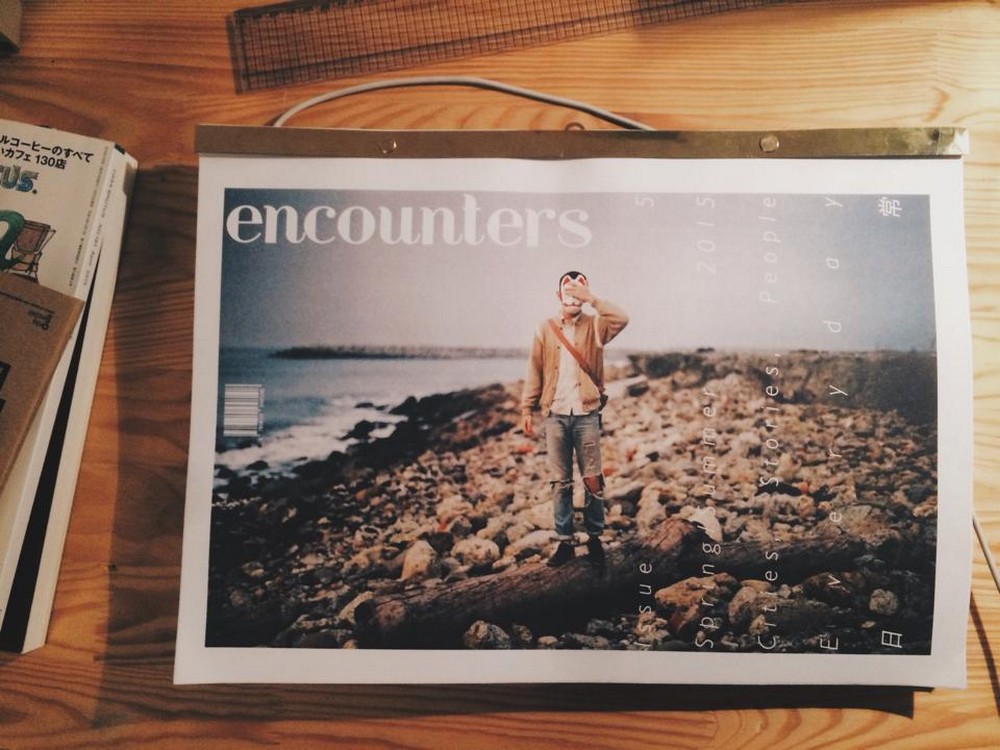
For Issue 5 with the theme of ‘everyday’, the idea of making the magazine into the format of a hanging calendar came quite naturally to us, given the strong association and relevance of the object to our theme. We also wanted to challenge the notion of magazines being done in a book format. The difficult part was in materialising the idea, from the size of magazine, to how we would bind it, to where we would find the actual materials used.
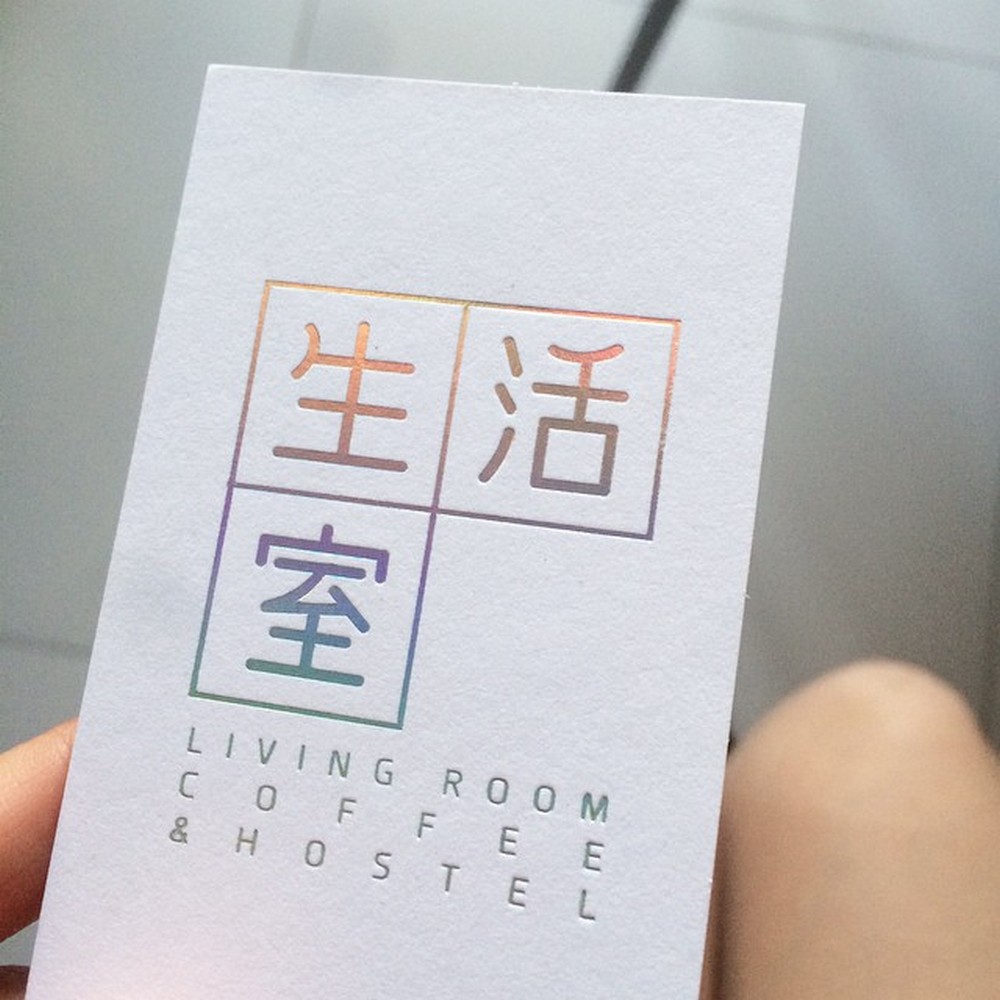
RMM: How did a creative from Singapore end up establishing a cafe and hostel in Beijing?
Shin: I moved to Beijing last year after getting married – Beijing wasn't that much of a conscious choice; the nature of our work (my husband works in film) is quite mobile, and it just happened that work brought us to Beijing. Setting up a café and hostel has always been my dream since my first backpacking trip at 19. For Living Room Coffee & Hostel, we hope it can be a space where like-minded people come together to make meaningful connections.
While on first glance a café, hostel and creative studio may seem to be different fields, I think they are highly complementary and can come together to present a creative lifestyle that is appealing. We intend to hold regular events and exhibitions in our space to encourage collaboration with other creative workers in the same city. So far, we’ve done an exhibition on Singapore independent publishing during our pop-up store in May 2015. We are currently finishing up our renovation and intend to have our soft launch by the end of this month so we have been crazy busy every day!
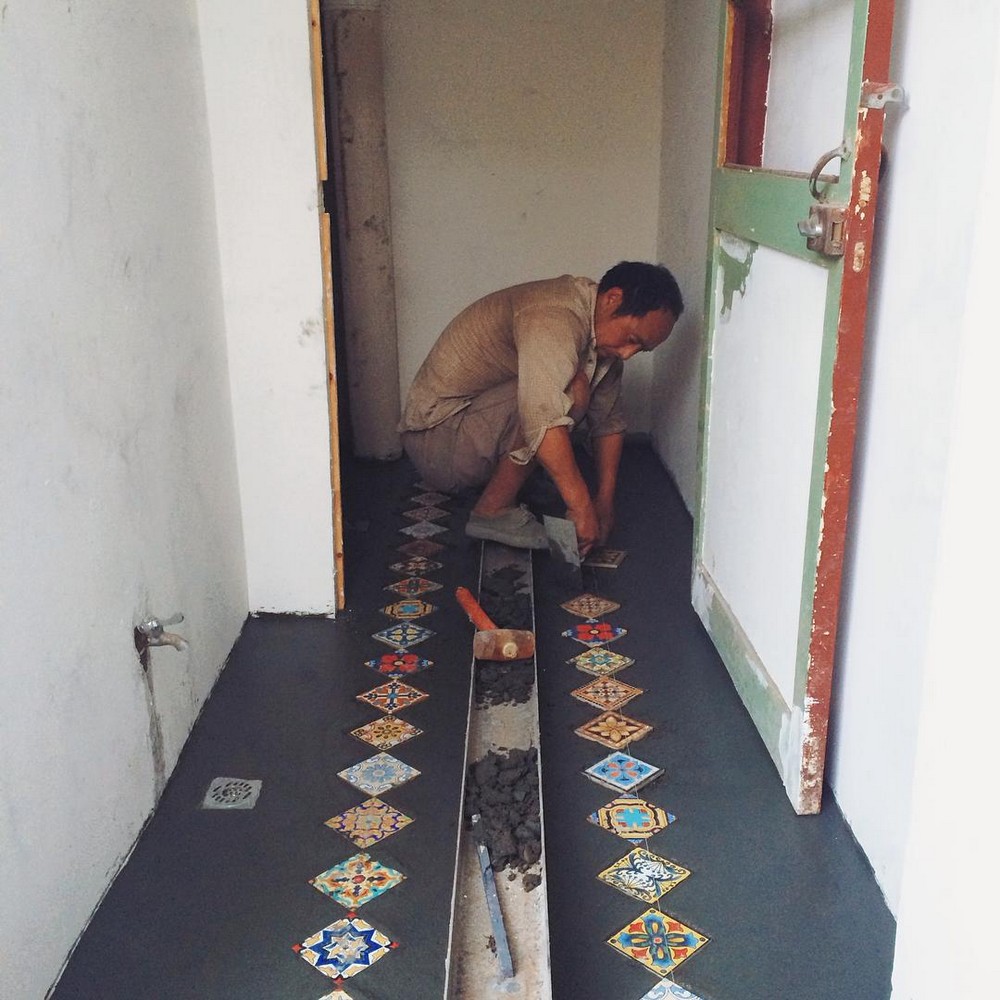
RMM: How similar or different is producing a publication and setting up a hostel?
Shin: I would say that both are similar in the sense that you start out with a broad idea and continuously drill down to the details to materialise your ideas in the best way you can. From my perspective, they are simply different means of expressing a creative idea. On a more personal level, both are similar as I was not professionally trained in publishing nor architecture and interior design, and there was a lot of learning on the job!
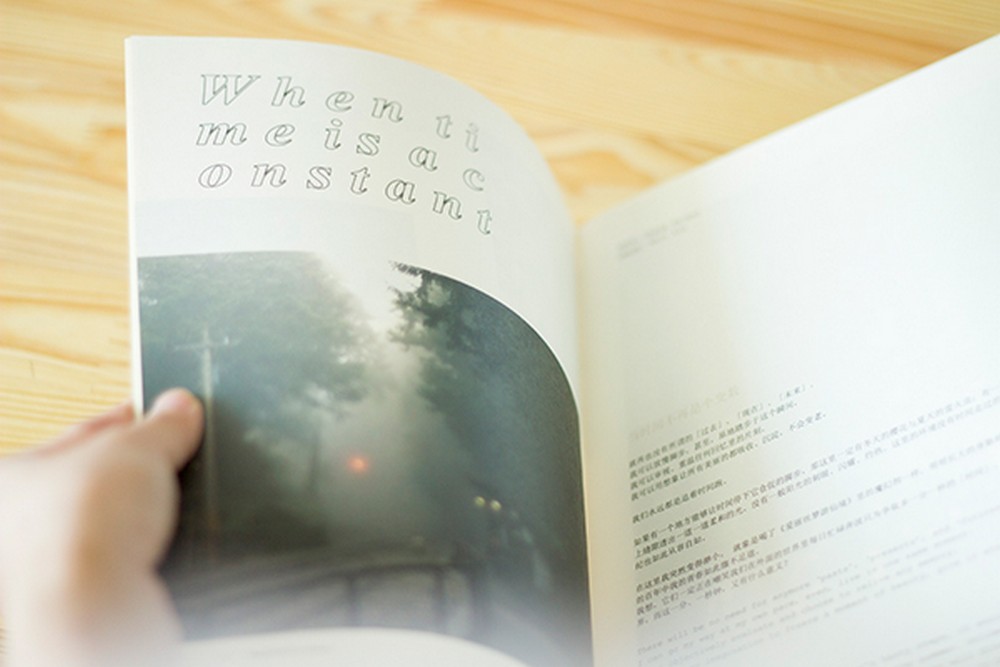
RMM: Could you share with us your future plans for LIVING ROOM and Encounters?
Shin: We have been publishing Encounters for nearly three years now (we turn three in October!) We have met so many inspiring people through our work, and the magazine has been to places that we haven’t been ourselves – these are things that we couldn't have imagined when we started the magazine back then, and the whole experience has been such a rewarding and humbling one. We of course hope to continue publishing, and to push ourselves to come up with something better with each new issue. One of the first things that people always ask is whether we are turning a profit, but I think there is meaning to continue putting out the magazine regardless. It is meaningful for us to continue putting an independent Singaporean magazine out there.
For Living Room Coffee & Hostel, we have so many exciting ideas that we can’t wait to realise in the space, but I think everything will boil down to how we manage our time properly to execute these ideas! All in all, we hope that our café can be a place where good coffee is very accessible, and where people can let their hair down and relax. Same goes for our hostel, where we hope guests can enjoy the entire environment and connect with other people in the same space. Inviting other creative workers to collaborate on events and exhibitions constantly introduces new energy to the space, and we believe that will help to make our work better.

